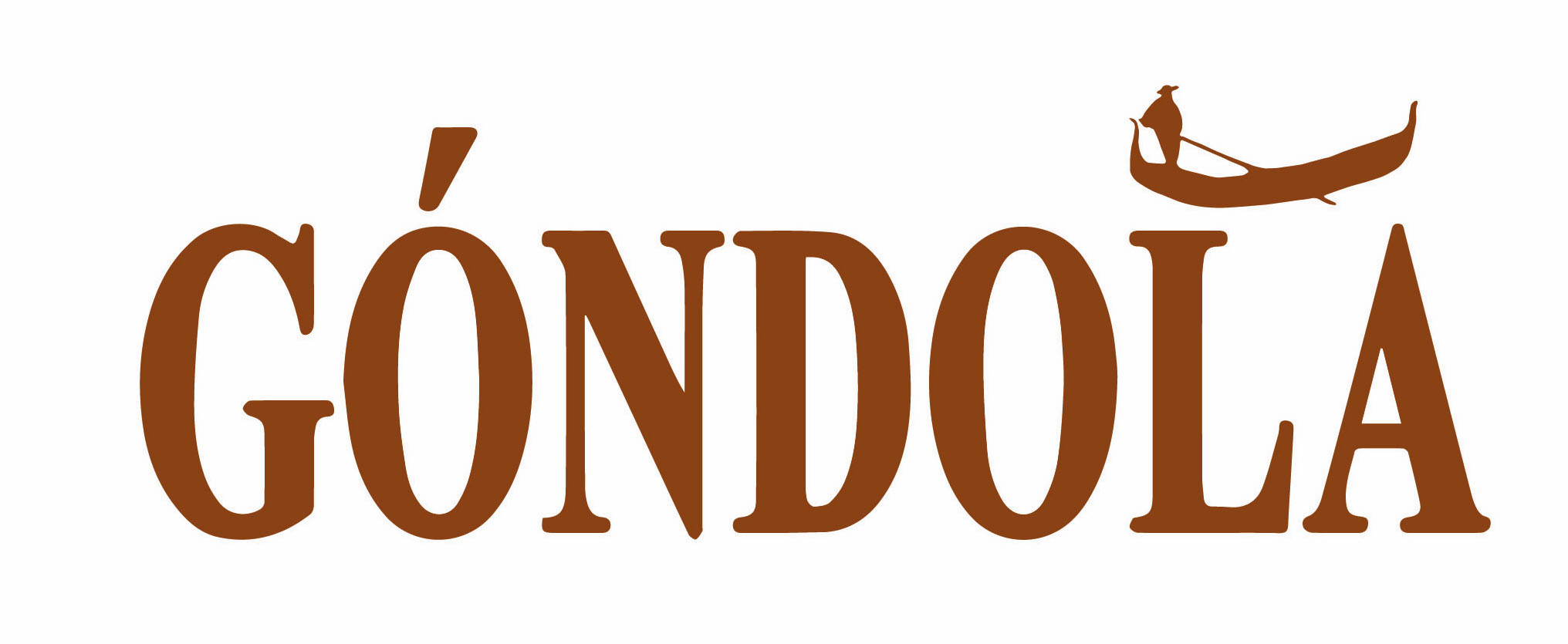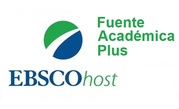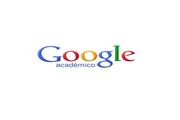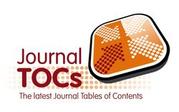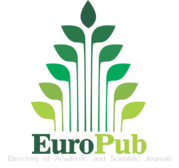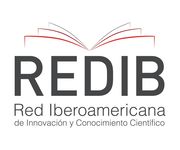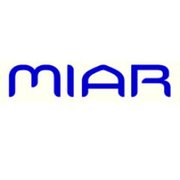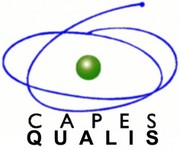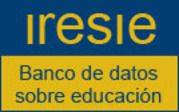DOI:
https://doi.org/10.14483/23464712.5306Published:
2007-01-01Enseñanza del fenómeno cuántico de efecto túnel
Teaching the quantum phenomenon of tunnel effect
Keywords:
education, tunnel effect (en).Keywords:
Enseñanza, Efecto túnel. (es).Downloads
Abstract (es)
Presentamos el diseño y construcción de un modulo didáctico que sea análogo al microscopio de efecto túnel, como un material de apoyo para la enseñanza de este fenómeno. Partimos de que una de las estrategias para que se logre un efectivo proceso enseñanza y aprendizaje de la física y especialmente en temas de física moderna es la experimentación, sin embargo, cuando se trata de la física cuántica este tipo de estrategia es limitado, ya que usualmente no se poseen los equipos para llevar a cabo estas prácticas, por lo cual es necesario realizar un montaje análogo, que ilustre el fenómeno real y que logre llamar la atención de los estudiantes.
Abstract (en)
We present the design and construction of a didactic module that is analogous to the tunneling microscope, as a support material for the teaching of this phenomenon. We start from one of the strategies for achieving an effective teaching and learning process of physics and especially modern physics subjects is the experimentation; however, when it comes to quantum physics this kind of strategy is limited, since usually schools does not have equipments to carry out these practices, reason why it is necessary to construct a similar experimental setup that illustrates the real phenomenon and that catches students attention.
References
García C. Mauricio 2003, Introducción A La Física Moderna 173.
Eisberg R. y Resnick R. 1994, Física Cuántica 240-251.
Eisberg R. 1983, Fundamentos De Física Moderna 233-240.
How to Cite
APA
ACM
ACS
ABNT
Chicago
Harvard
IEEE
MLA
Turabian
Vancouver
Download Citation
License
Gondola, Ens Aprend Cienc. is an open-access publication, free of charge for authors and readers. The publication, consultation or download of the contents of the magazine does not generate any cost for the authors or the readers, since the Francisco José de Caldas District University assumes the expenses related to edition, management and publication. The peer evaluators do not receive any economic retribution for their valuable contribution. The work of all the actors mentioned above is understood as a contribution to the strengthening and growth of the research community in the field of Science Education.
As of December 1, 2018 the contents of the journal are published under the terms of the Creative Commons License Attribution-Noncommercial- ShareAlike 4.0 International (CC-BY-NC-SA 4.0), under which others may distribute, remix, retouch, and create from the work in a non-commercial way, give credit and license their new creations under the same conditions.
The copyright holders are the authors and the journal Gondola, Ens Aprend Cienc. The holders retain all rights without restrictions, respecting the terms of the license in terms of consultation, downloading and distribution of the material.
When the work or any of its elements is in the public domain according to the applicable law in force, this situation will not be affected by the license.
Likewise, we encourage authors to deposit their contributions in other institutional and thematic repositories, with the certainty that culture and knowledge is a good of all and for all.



